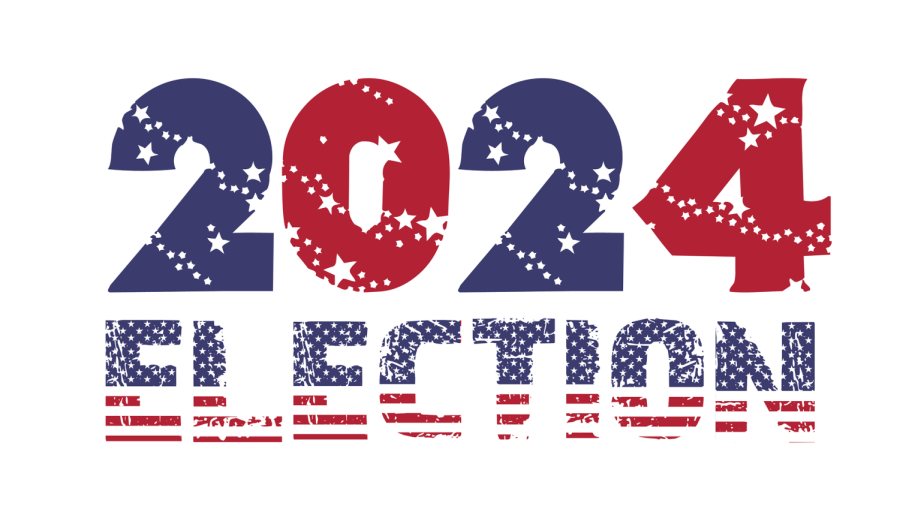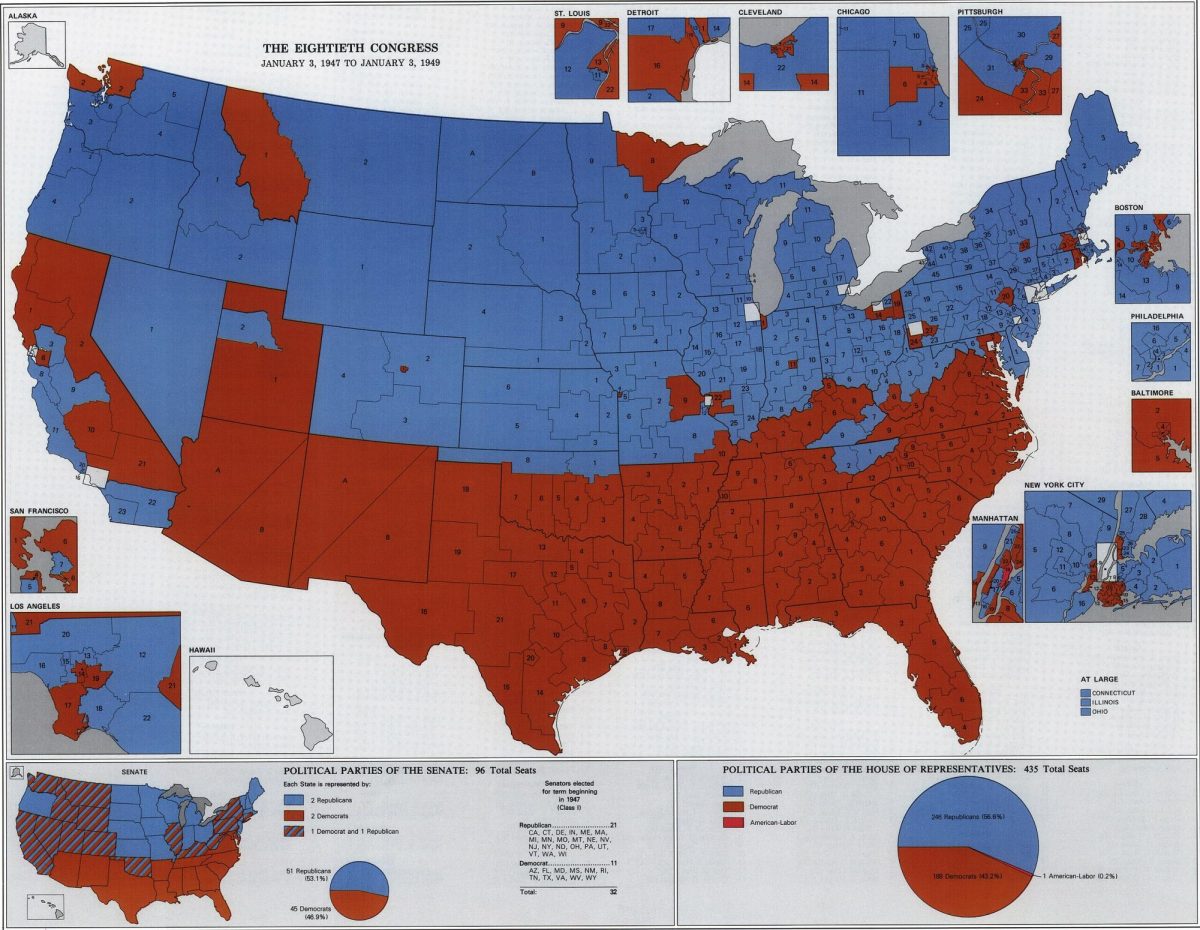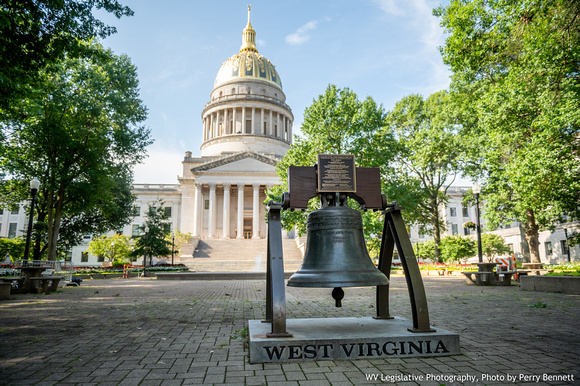The election has ended and Americans are now sitting with the new status quo. A sense of resolve should be felt as one leaves the voting booth, but in this election cycle, things are different. Amendment 1 was presented to the people of West Virginia on their ballot this year. This piece of legislation offered voters a chance to make the acts of mercy killings, euthanasia, and assisted suicide in the state illegal in the West Virginia Constitution. Although this topic seems quite straightforward, those for the amendment won the vote by a slim margin. This begs the question, was the margin of victory so small because of the subject matter or because of the way that it was presented to the voters of West Virginia?
The amendment, drafted in the House of Delegates last year, offered West Virginian voters the opportunity to amend the current West Virginia Constitution. Assisted death is already banned in the state, but passing the amendment would make it exponentially more difficult to legalize euthanasia in the future. Another thing to note about this amendment was that it did not affect capital punishment laws despite many people in the state believing it did.
When one entered the voting booth on November 5, they were greeted with the option to vote on this amendment. Many were perplexed by the legal jargon used and felt unsure of whether they were voting in favor or against the amendment. This is because the amendment was posed in the affirmative. If a voter was against assisted suicide, he or she would vote in favor of the amendment that promised to make it illegal. If they were for assisted suicide they would vote against the amendment, because it would take away possible access to assisted deaths in the future. Understandably, many confused voters voted against this bill, believing that the bill was amending the state constitution to allow assisted suicide because it was illegal in the state to begin with.
Recent polls substantiate this finding, Amendment 1 narrowly passed, those voting yes accounted for 50.5% of the vote while those voting no took the remaining 49.5%. This tight of a race is interesting to see when West Virginia has consistently voted red and voted majority red in this election, both with presidential picks and on the downballot. Notably, the RNC’s official statements declare that they are against assisted suicide, and it is not a stretch to expect that many Republicans in the state feel the same way.
The unclear language used could be the culprit. Perhaps if presented in a way that the layman could better understand, the margin of victory would be more pronounced. Hopefully, Amendment 1 will serve as an example to lawmakers to offer resources, education, and clarity to their constituents while in the voting booth for elections to come.









